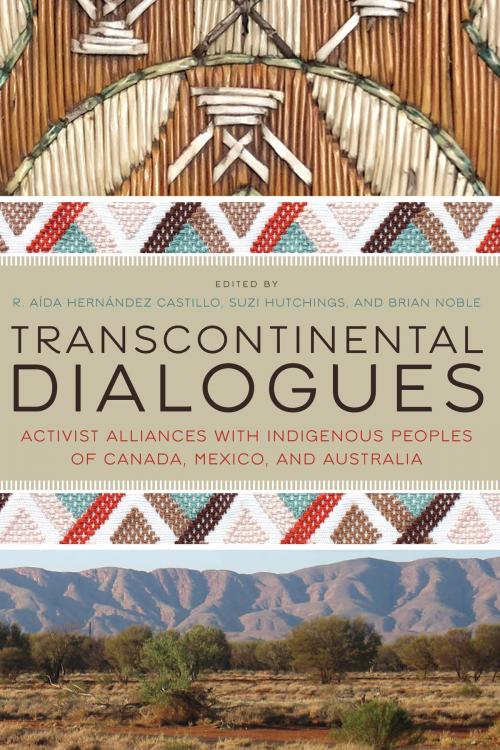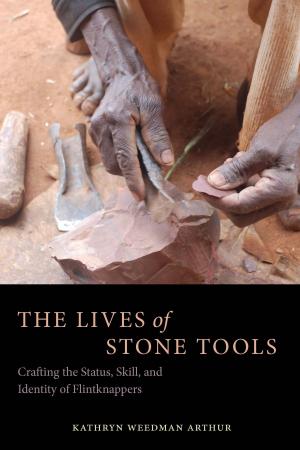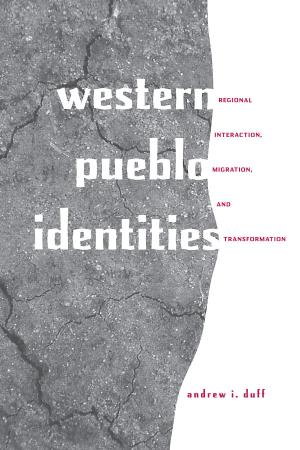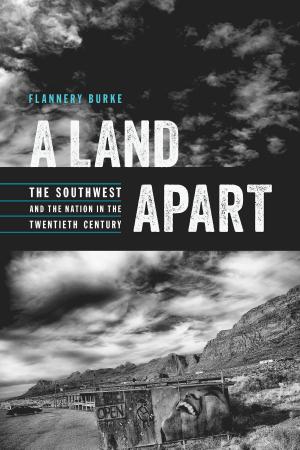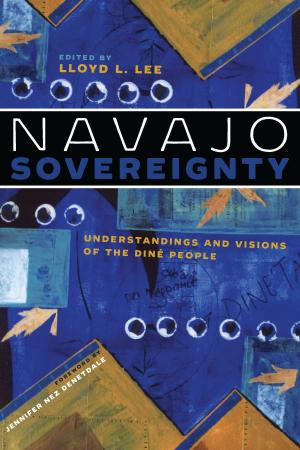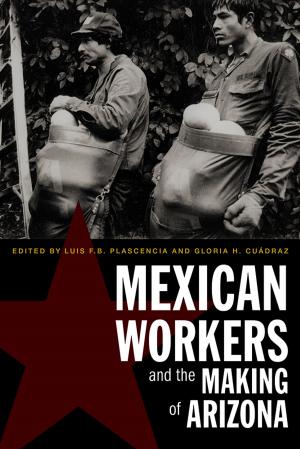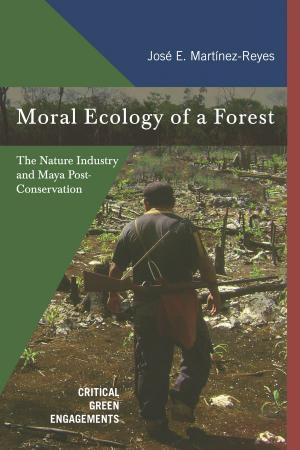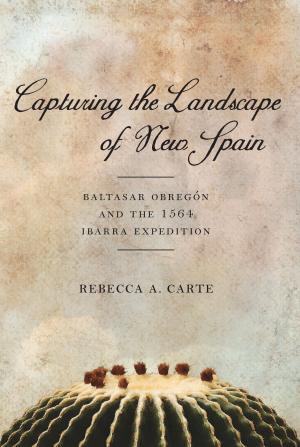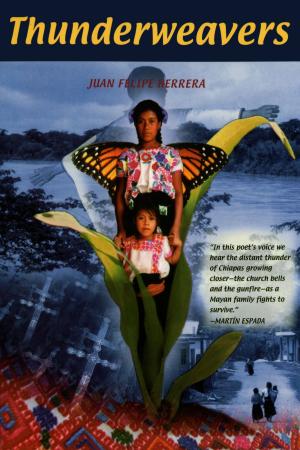Transcontinental Dialogues
Activist Alliances with Indigenous Peoples of Canada, Mexico, and Australia
Nonfiction, Social & Cultural Studies, Social Science, Anthropology, Cultural Studies| Author: | ISBN: | 9780816539840 | |
| Publisher: | University of Arizona Press | Publication: | April 9, 2019 |
| Imprint: | University of Arizona Press | Language: | English |
| Author: | |
| ISBN: | 9780816539840 |
| Publisher: | University of Arizona Press |
| Publication: | April 9, 2019 |
| Imprint: | University of Arizona Press |
| Language: | English |
Transcontinental Dialogues brings together Indigenous and non-Indigenous anthropologists from Mexico, Canada, and Australia who work at the intersections of Indigenous rights, advocacy, and action research. These engaged anthropologists explore how obligations manifest in differently situated alliances, how they respond to such obligations, and the consequences for anthropological practice and action.
This volume presents a set of pieces that do not take the usual political or geographic paradigms as their starting point; instead, the particular dialogues from the margins presented in this book arise from a rejection of the geographic hierarchization of knowledge in which the Global South continues to be the space for fieldwork while the Global North is the place for its systematization and theorization. Instead, contributors in Transcontinental Dialogues delve into the interactions between anthropologists and the people they work with in Canada, Australia, and Mexico. This framework allows the contributors to explore the often unintended but sometimes devastating impacts of government policies (such as land rights legislation or justice initiatives for women) on Indigenous people’s lives.
Each chapter’s author reflects critically on their own work as activist-scholars. They offer examples of the efforts and challenges that anthropologists—Indigenous and non-Indigenous—confront when producing knowledge in alliances with Indigenous peoples. Mi’kmaq land rights, pan-Maya social movements, and Aboriginal title claims in rural and urban areas are just some of the cases that provide useful ground for reflection on and critique of challenges and opportunities for scholars, policy-makers, activists, allies, and community members.
This volume is timely and innovative for using the disparate anthropological traditions of three regions to explore how the interactions between anthropologists and Indigenous peoples in supporting Indigenous activism have the potential to transform the production of knowledge within the historical colonial traditions of anthropology.
Transcontinental Dialogues brings together Indigenous and non-Indigenous anthropologists from Mexico, Canada, and Australia who work at the intersections of Indigenous rights, advocacy, and action research. These engaged anthropologists explore how obligations manifest in differently situated alliances, how they respond to such obligations, and the consequences for anthropological practice and action.
This volume presents a set of pieces that do not take the usual political or geographic paradigms as their starting point; instead, the particular dialogues from the margins presented in this book arise from a rejection of the geographic hierarchization of knowledge in which the Global South continues to be the space for fieldwork while the Global North is the place for its systematization and theorization. Instead, contributors in Transcontinental Dialogues delve into the interactions between anthropologists and the people they work with in Canada, Australia, and Mexico. This framework allows the contributors to explore the often unintended but sometimes devastating impacts of government policies (such as land rights legislation or justice initiatives for women) on Indigenous people’s lives.
Each chapter’s author reflects critically on their own work as activist-scholars. They offer examples of the efforts and challenges that anthropologists—Indigenous and non-Indigenous—confront when producing knowledge in alliances with Indigenous peoples. Mi’kmaq land rights, pan-Maya social movements, and Aboriginal title claims in rural and urban areas are just some of the cases that provide useful ground for reflection on and critique of challenges and opportunities for scholars, policy-makers, activists, allies, and community members.
This volume is timely and innovative for using the disparate anthropological traditions of three regions to explore how the interactions between anthropologists and Indigenous peoples in supporting Indigenous activism have the potential to transform the production of knowledge within the historical colonial traditions of anthropology.
